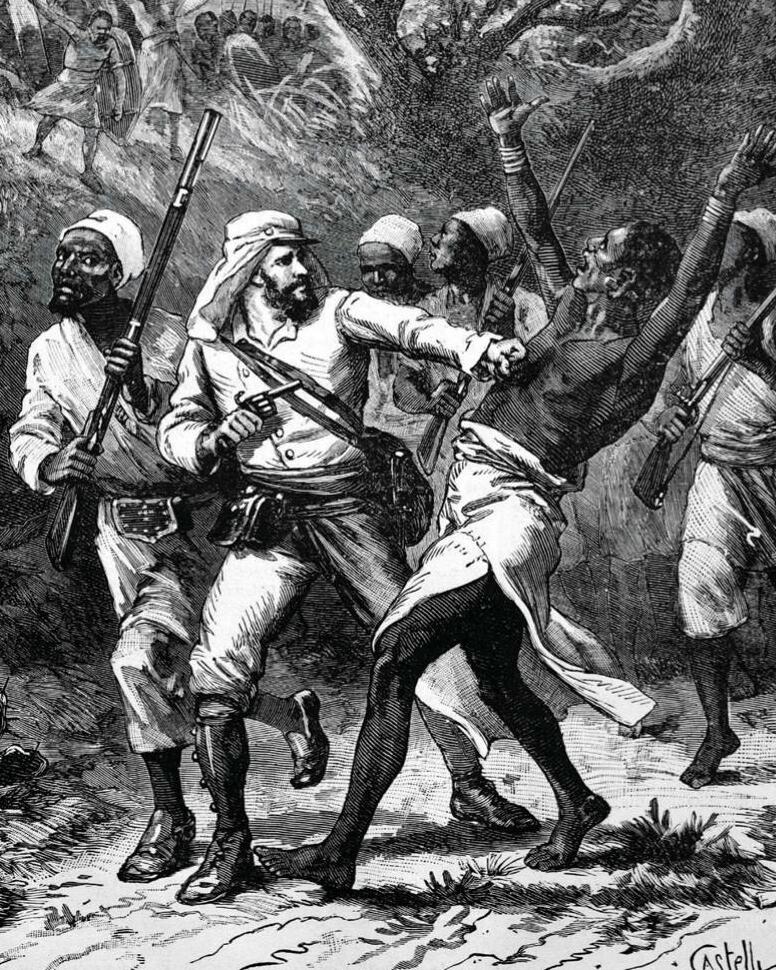
In the latter decades of the 19th century, the superpowers of Europe were not enjoying cordial relations with each other. Their animosity wasn't limited to political and military squabbles. Registering poor balances of trade, these empires were economic rivals, too, but they uniformly cast a covetous eye towards mineral-rich Africa.
Between the 1870s and the advent of the 20th century, the European invasion and colonisation of the continent claimed almost every territory in what became known as the Scramble for Africa. Despite their mistrust of each other, the race to carve up Africa was relatively orderly (heavy bloodshed notwithstanding), thanks to the agreements made at the Berlin Conference of 1884-85. But what if the European economies had been buoyant? What if its empires weren't in direct rivalry? What if the Scramble for Africa had never happened?
Such were the natural riches of the African continent that it's difficult not to imagine an attempted programme of colonisation by Europeans at some point. "It is highly likely that a later scramble would have taken place," agrees Professor Steven Press, associate professor of history at Stanford University and author of Rogue Empires: Contracts and Conmen in Europe's Scramble for Africa (Harvard University Press, 2017). Professor Press notes that these European governments weren't merely working on their own impulses. Pressure to plunder Africa also came from entrepreneurial individuals, ambitious businesses and even internal public opinion.
This story is from the November 2023 edition of BBC History Revealed.
Start your 7-day Magzter GOLD free trial to access thousands of curated premium stories, and 9,000+ magazines and newspapers.
Already a subscriber ? Sign In
This story is from the November 2023 edition of BBC History Revealed.
Start your 7-day Magzter GOLD free trial to access thousands of curated premium stories, and 9,000+ magazines and newspapers.
Already a subscriber? Sign In
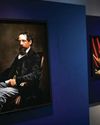
'Dickens's evocation of the fears, excitement and confusion of childhood is peerless'
DR LEE JACKSON ON WHY CHARLES DICKENS REMAINS RELEVANT TODAY
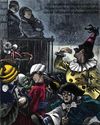
THE AUTHOR GOES ABROAD
Dickens expanded his horizons and boosted his fan-base by venturing overseas - but global fame came with a cost
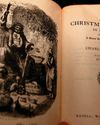
REVIVING THE FESTIVE SPIRIT
A Christmas Carol wasn't just a bestseller - it changed the way that Britons chose to mark the festive season
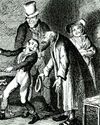
GIVING THE POOR A VOICE
From Hard Times to Oliver Twist, Charles Dickens used his pen to help illuminate the lives of the less fortunate

A JOURNEY THROUGH DICKENS'S LONDON
The works of Charles Dickens are synonymous with visions of Victorian London. We talk to Dr Lee Jackson about the author's love of the capital, and the locations that most inspired him
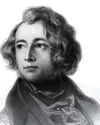
EXCEEDING EXPECTATIONS
Dr Lee Jackson chronicles Charles Dickens's journey from down-at-luck teenager to titan of Victorian literature

GIFTS, TREES & FEASTING
We take a journey through the photo archives to reveal how Christmas and its many traditions have been celebrated over the years - and around the world

WHAT GREAT PAINTINGS SAY
We explore the story behind an allegorical painting that celebrates the triumph of love over hate, peace over war
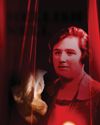
HELLISH NELL
Malcolm Gaskill delves into the life of Helen Duncan - the fraudulent Scottish medium whose ectoplasm-filled seances saw her ending up on the wrong side of the law
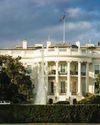
7 THINGS YOU (PROBABLY) DIDN'T KNOW ABOUT THE WHITE HOUSE
Presidential historian Dr Lindsay M Chervinsky reveals some of the most surprising facts about the world-famous US residence